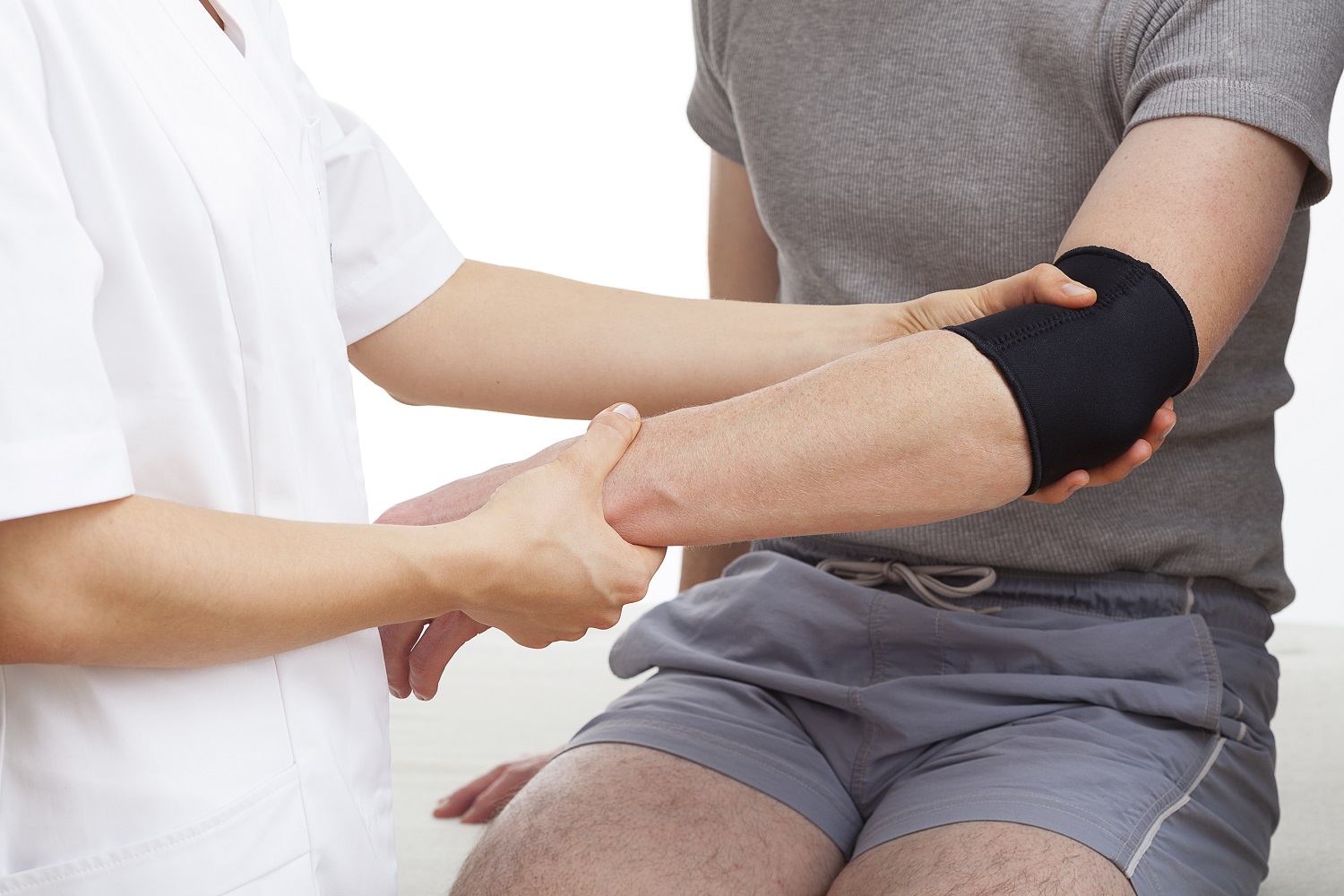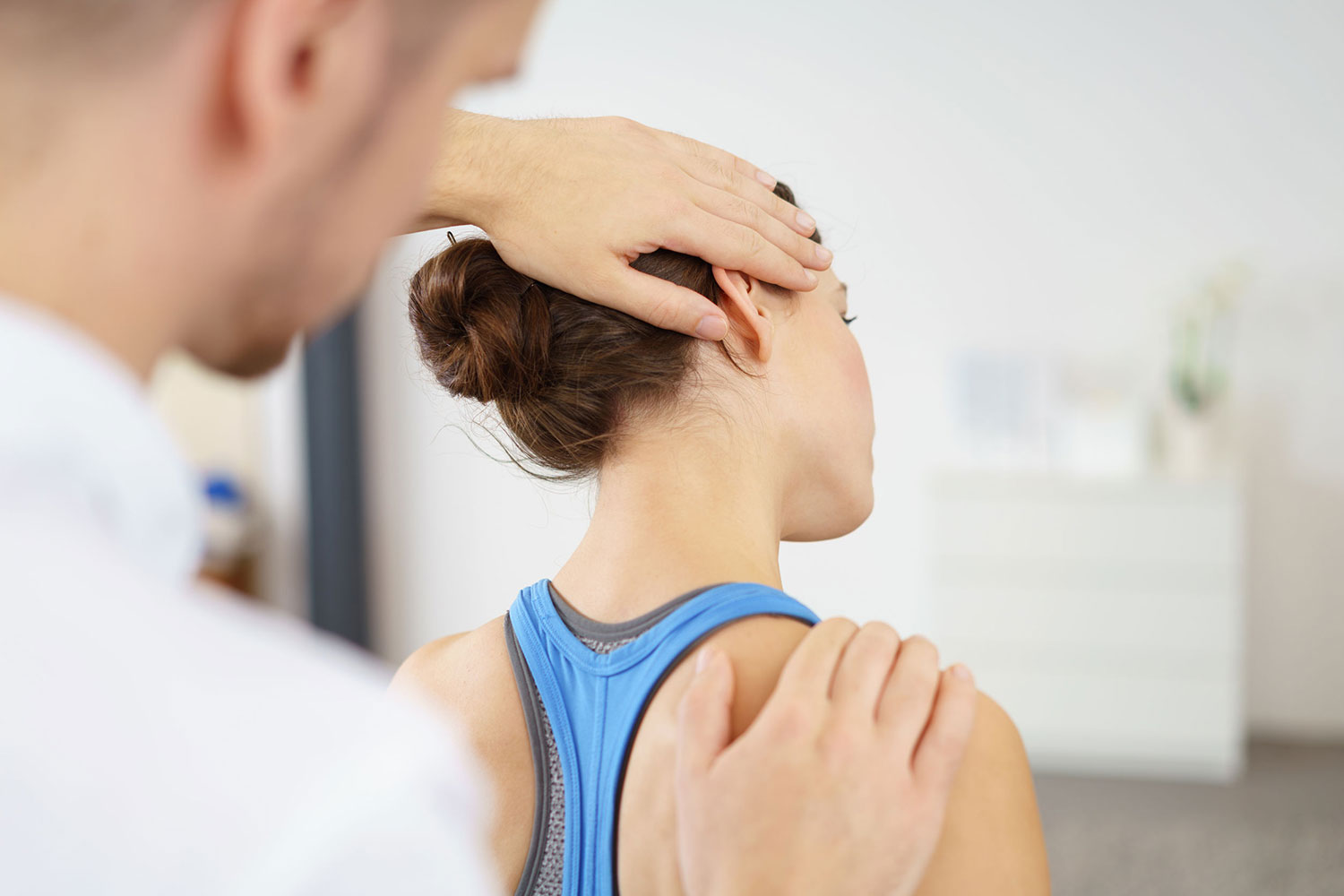Recover from Motor Vehicle Accident with Physical Therapy
Understanding the Importance of Physical Therapy
Motor vehicle accidents (MVAs) can lead to various injuries, ranging from minor strains to severe fractures and traumatic brain injuries. After an accident, individuals often face pain, reduced mobility, and significant disruptions to their daily lives. Physical therapy is crucial in the recovery process, assisting patients in regaining strength, improving mobility, and returning to their regular activities.
The Role of Physical Therapy in Recovery
Physical therapy focuses on restoring function, improving mobility, and alleviating pain through targeted exercises and techniques. After a motor vehicle accident, physical therapists collaborate with patients to develop personalized treatment plans tailored to their unique needs and recovery objectives.
Common Injuries from Motor Vehicle Accidents
Understanding the types of injuries that commonly occur in MVAs underscores the importance of physical therapy. Here are some prevalent injuries:
Whiplash
Whiplash occurs when the neck is abruptly jolted forward and backward, resulting in:
- Neck pain and stiffness
- Headaches
- Dizziness
Back Injuries
Back injuries can vary from minor muscle strains to herniated discs, leading to:
- Lower back pain
- Limited range of motion
- Numbness or tingling in the legs
Fractures
Broken bones are common outcomes of MVAs and can result in:
- Immobility
- Pain
- Swelling
Soft Tissue Injuries
Soft tissue injuries, such as sprains and strains, can affect muscles, tendons, and ligaments, causing:
- Pain and swelling
- Reduced mobility
- Difficulty performing daily activities
Traumatic Brain Injuries
In more severe accidents, traumatic brain injuries may occur, resulting in:
- Cognitive difficulties
- Memory loss
- Physical impairment
The Process of Recovery
Recovery from injuries sustained in a motor vehicle accident typically involves several stages, with physical therapy being integral to each stage.
Initial Assessment
After an accident, the first step is a thorough assessment by a healthcare professional. This assessment may include:
- Medical History Review: Understanding the patient's medical background and any pre-existing conditions.
- Physical Examination: Evaluating range of motion, strength, and areas of pain.
- Diagnostic Imaging: Utilizing X-rays, MRIs, or CT scans to identify the extent of injuries.
Developing a Treatment Plan
Once the assessment is complete, a physical therapist will create a customized treatment plan tailored to the patient’s needs. This plan may include:
- Goals: Setting achievable short-term and long-term objectives for recovery.
- Therapeutic Exercises: Incorporating strength training, flexibility exercises, and cardiovascular conditioning.
- Manual Therapy: Techniques such as massage or joint mobilization to alleviate discomfort and improve function.
Implementation of Treatment
The treatment plan will be carried out through regular physical therapy sessions. These sessions may focus on:
Pain Management
Physical therapists use various techniques to manage pain, including:
- Heat and Cold Therapy: Applying heat to relax muscles and cold to reduce inflammation.
- Electrotherapy: Utilizing electrical stimulation to alleviate discomfort and promote healing.
Strengthening Exercises
Building strength is vital for recovery. Therapists will guide patients through exercises that target specific muscle groups, focusing on:
- Core Strengthening: Enhancing stability and support for the spine.
- Lower Body Exercises: Improving mobility and reducing the risk of future injuries.
Range of Motion Exercises
Restoring range of motion is essential for returning to everyday activities. Therapists may incorporate:
- Stretching Exercises: To enhance flexibility and prevent stiffness.
- Joint Mobilization: Gentle movements to improve joint function.
Functional Training
As patients progress, physical therapists will include functional training to prepare individuals for their daily activities. This may involve:
- Simulated Daily Activities: Practicing movements that mimic daily tasks, helping patients regain confidence and independence.
- Balance and Coordination Exercises: Enhancing stability to prevent falls and improve overall function.
Psychological Support in Recovery
Recovering from a motor vehicle accident often involves emotional and psychological challenges. Physical therapists recognize the importance of mental well-being in the recovery process. They may suggest:
- Mindfulness and Relaxation Techniques: Incorporating breathing exercises and mindfulness practices to reduce stress and anxiety.
- Support Groups: Encouraging participation in groups where individuals can share experiences and coping strategies.
The Importance of Consistency
Consistency in attending therapy sessions and adhering to the treatment plan is vital for successful recovery. Patients are encouraged to:
- Follow Home Exercise Programs: Engaging in recommended exercises outside of therapy sessions to reinforce progress.
- Communicate Openly: Keeping therapists informed about any changes in symptoms or concerns regarding the recovery process.
Long-Term Considerations
For some individuals, recovery may take time, and ongoing physical therapy can be beneficial. Key long-term considerations include:
Maintenance Programs
After achieving recovery goals, a maintenance program can help individuals stay active and prevent future injuries. This may involve:
- Continued Exercise: Engaging in regular physical activity to maintain strength and mobility.
- Periodic Check-Ins: Scheduling follow-up appointments with therapists to assess progress and make any necessary adjustments to the program.
Lifestyle Modifications
Making lifestyle changes can significantly impact overall health and well-being. Patients may benefit from:
- Ergonomic Assessments: Evaluating workspaces to ensure proper posture and reduce strain.
- Nutritional Guidance: Focusing on a balanced diet to support recovery and overall health.
Staying Informed
Remaining informed about the latest advancements in physical therapy and rehabilitation can empower individuals in their recovery journey. Patients are encouraged to:
- Participate in Workshops: Attending workshops or seminars on injury prevention and management.
- Engage in Research: Staying updated on new therapeutic techniques and approaches to recovery.
Final Words
Physical therapy is an essential component of recovery after a motor vehicle accident. By working with skilled therapists, individuals can regain strength, improve mobility, and return to their daily lives with greater confidence. At Vcare Physio & Rehab, we are committed to providing personalized care based on each patient’s unique needs. If you or someone you know is recovering from a motor vehicle accident, reach out to us to learn more about how we can support your rehabilitation journey.






